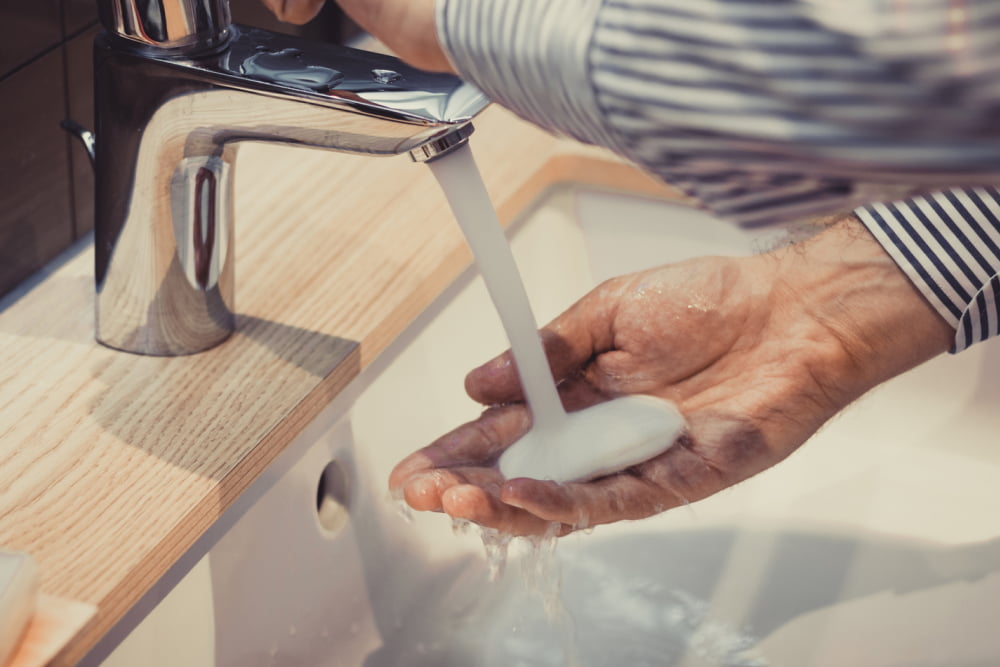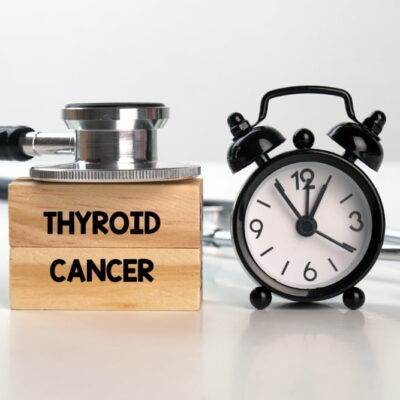
9 Things to Consider before Buying an Eczema-friendly Soap
Eczema is a long-lasting skin condition that causes inflammation and irritation. It requires careful selection of skincare products because the affected skin is sensitive and reacts to various irritants. For those affected, finding a soap that cleanses without exacerbating symptoms is crucial. In this article, we have outlined nine easy steps that help you determine if a bar of soap is safe for eczema and also cruelty-free, ensuring that your skincare aligns with ethical standards.
1. Natural soap bars
When selecting a soap for eczema-prone skin, examining the ingredients list for natural components that soothe and moisturize without harsh chemicals is crucial. Natural soap bars often contain beneficial ingredients like nettle leaf, olive oil, coconut oil, shea butter, and essential oils, all known for their gentle, hydrating properties. These handcrafted soaps avoid using toxic substances and support ethical small businesses, making them a safe choice for sensitive skin.
2. pH balance
The pH level of the soap should be neutral or slightly acidic to match the natural pH of the skin, which helps prevent irritation and dryness. When choosing a soap for sensitive skin, especially for those with eczema, it’s crucial to select one with a pH that aligns closely with the skin’s own, typically around 4.7 to 5.75, to maintain its natural balance. A soap within this pH range minimizes the risk of irritation and helps keep the skin hydrated.
3. Check for syndet bars
Syndet bars, made with synthetic detergents, have a neutral or slightly acidic pH value, which is less irritating to eczema-prone skin. Look for soaps like Dove White Beauty Bar or Cetaphil Gentle Cleansing Bar, formulated to be gentle and hydrating.
4. Check for glycerin
Glycerin is a humectant found in some gentle cleansers and soaps. It helps retain moisture in the skin, which benefits eczema patients. Opt for soaps that contain glycerin but are free from heavy fragrances.
5. Look for products with the NEA Seal of Acceptance
The National Eczema Association (NEA) studies ingredients and tests data to determine if certain products are appropriate for those who suffer from eczema. Products with the NEA Seal of Acceptance are guaranteed free from common irritants.
6. Avoid Sodium Lauryl Sulfate (SLS)
When selecting a soap for eczema-prone skin, it’s essential to examine the label for Sodium lauryl sulfate (SLS), an agent known to irritate the skin and exacerbate eczema flare-ups. Opting for products specifically marked as “SLS-free” can safeguard your skin’s natural barrier.
7. Steer clear of fragrances
Fragrances can cause irritation and allergic reactions, especially for those with eczema. Select soaps with natural ingredients or those that list all their ingredients, opting for unscented varieties.
8. Choose soaps with nourishing ingredients
Ingredients like nettle leaf, olive oil, coconut oil, shea butter, and essential oils are known for their soothing and moisturizing properties, making them ideal for eczema-prone skin.
9. Essential oils
Certain essential oils, such as those derived from lavender and chamomile, possess qualities that may alleviate the discomfort associated with eczema. When choosing a soap, it’s crucial to opt for ones that incorporate these oils in low concentrations suitable for reactive skin types.


